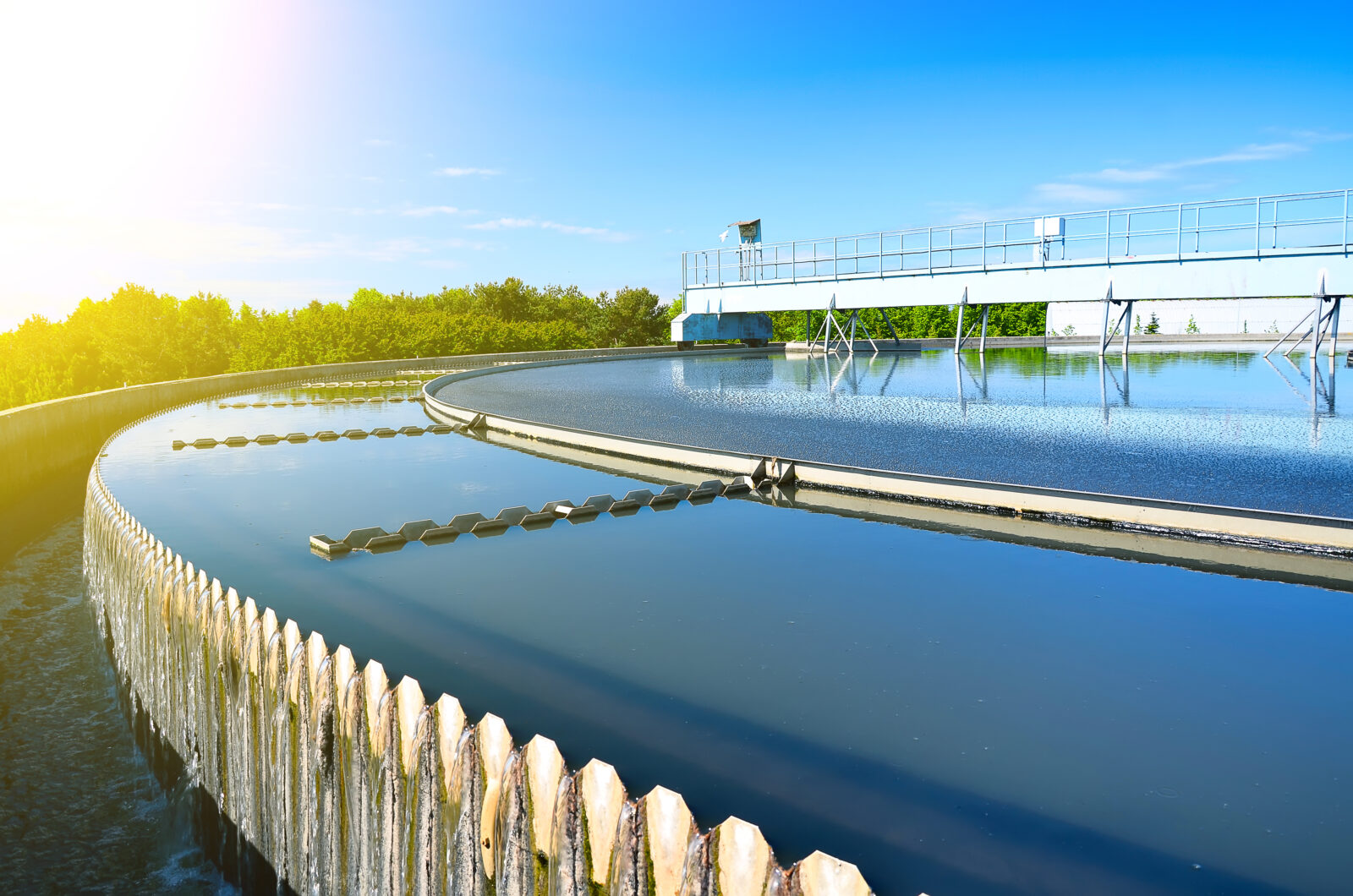On 23 October 2024, the UK and Welsh Governments announced the launch of an Independent Commission into the water sector and its regulation, marking the largest review of the water industry since it was privatised in 1989. Central to the Commission’s remit was the consideration of systemic issues within the water sector and the proposal of reforms to make the sector more effective.
The Commission was chaired by Sir Jon Cunliffe and published its final report (the “Report”) on 21 July 2025. Out of the 88 recommendations across all 464 pages of the Report, the main headline grabber is of course the replacement of Ofwat, the Drinking Water Inspectorate (“DWI”) and the water-related functions of the Environment Agency and Natural England with a single regulator.
This article follows on from our previous commentary on the Report, with initial thoughts set out in our “shallow dive”, followed by our more detailed consideration of the implications of the Report for the DPC regime. Here, we have considered the implications of the Report’s recommendations for those looking to consent projects and involved in bringing forward new infrastructure.
Role of Water Companies in Planning
(Recommendation 72)
The Commission stated that they believe water companies should be included within a ‘requirement to assist’ with the development of Local Plans in England and that consideration should be given to whether their existing role in Wales should be strengthened. They also suggested that water companies should be given the ability to comment on planning applications above a certain threshold in England, either as a statutory consultee or through a ‘requirement to notify’. In addition to this, it was suggested that water companies could be given an ability to object to a ‘right to connect’ in certain circumstances. The aim of this recommendation is to ensure that water companies have sufficient oversight of and influence over upcoming developments, which no doubt will be welcomed by the sector.
Nationally Significant Infrastructure Projects (“NSIPs”)
(Recommendation 73)
The Report suggests that water infrastructure projects should be considered for Critical National Priority status in the National Policy Statements and that the threshold for water NSIPs could be amended. Given that most large water projects currently require a section 35 direction, this would streamline consenting for larger schemes and reduce reliance on ministerial intervention. As these changes were not picked up in the updates to the Water Resources Infrastructure National Policy Statement earlier this year, we would certainly support them as they would put water resource projects on an equal footing with low carbon energy generation, both of which are critically important in ensuring the Government’s ambitious growth agenda can be delivered and tackling climate change. The Report also recommends a review and update of the Wastewater National Policy Statement, which has not been updated since 2012 and is very much due a review.
Permitted Development Rights
(Recommendation 74)
The Report suggests that permitted development rights (“PD rights”) for water companies should be updated to reduce the frequency with which water companies will need to apply for planning permission. PD rights would be updated to include simple infrastructure projects and improvements, such as water quality monitor kiosks or small pumping stations. This would allow water companies to focus their energy on larger, more complex projects. We would expect this change to be welcomed by the water industry, as it is likely to result in substantial time and cost savings.
Regulators’ Alliance for Progressing Infrastructure Development (“RAPID”) poised for expansion
(Recommendation 75)
RAPID is a partnership formed in 2019 by Ofwat, the Environment Agency and DWI to accelerate the development of strategic water supply infrastructure. It is estimated that water supplies will need to increase to account for the water projected to be consumed by over nine million people by the mid-2030s. The Commission believes that RAPID should be expanded to include wastewater projects as well as strategically important projects that do not meet current thresholds. Whilst this recommendation is a positive one, there is arguably still some work to be done to coordinate and align the RAPID gated process with the requirements of the DCO regime, for projects that are proceeding under that route.
Standardised practices
(Recommendation 76)
It is suggested that standardisation of design (which could apply to elements such as pumping stations) could help water companies deliver projects more efficiently. As part of this, it recommends that NISTA could create a sector-wide infrastructure delivery company to help implement programmes of large infrastructure projects in the water and wastewater industries. The intention of this would be to enable information to be shared and avoid the need for duplication of expertise between companies when it comes to delivering complex and innovative projects.
National Water Strategy
(Recommendation 1)
The Report proposes that new long-term National Water Strategies should be adopted by the UK and Welsh Governments, with a minimum horizon of 25 years. Each strategy should also contain milestones with shorter timescales of 5 and 10 years, which should be reviewed every 5 years in line with the price review cycle for the water industry. This longer-term strategy is intended to provide greater certainty about the direction of the water sector and clarity for local and regional stakeholders. It is recommended that the scope of the strategy is broad – covering all aspects of the water system and related sectors – and setting a long-term strategic direction for the industry. This would sit alongside a new “ministerial statement of water industry priorities”, which would replace the current strategic policy statements issued by Government.
Review of the Water Framework Directive
(Recommendation 8)
The Report suggests that the UK and Welsh governments should review the Water Environment (Water Framework Directive) (England and Wales) Regulations 2017, which creates a framework for managing the chemical and ecological quality of the water system. There is a recommendation that the legislative framework should be made easier to navigate and become more outcomes focused, without reducing environmental protection.
Evaluation of the Direct Procurement for Customers (“DPC”) and Specified Infrastructure Projects Regulations (“SIPR”)
(Recommendation 65)
The Report has suggested a full evaluation of both schemes should be conducted in five years, to assess their success once they have “bedded in”. DPC was introduced by Ofwat at Price Review 2019 with the aim of enabling water companies to put large infrastructure projects out to competitive tender where the infrastructure is discrete and can be separated from the company’s network. SIPR enables a third-party infrastructure provider to be granted its own license to build a project and then be regulated by Ofwat. They were introduced with the aim of promoting competition in infrastructure delivery but have seen some teething issues during their introduction. We have previously set out our thoughts on what the Report’s recommendations means for DPC, which can be reviewed here.
Regional System Planners
(Recommendation 3)
The Report proposes that the current planning responsibilities be transferred from the regulators to nine new independent Regional Water Authorities (“RWAs”) – eight in England and one national authority for Wales. The RWAs in England would be aligned with river basin regions and all the RWAs would be tasked with “streamlining existing planning processes” and reflecting local priorities. The governing boards of the RWAs would include representatives from local councils, public health, environment, agriculture, and consumers and would be empowered to develop integrated 25-year plans for water in their region.
Looking Ahead
The Report includes a series of recommendations which will have significant implications for planning and consenting, each of which could easily be evaluated in its own article.
After the Report’s publication the Government fast tracked five initial recommendations and stated that a White Paper and a Water Reform Bill would be published in due course, outlining the full plan for the recommendations. It is up to the Government to decide which recommendations it will adopt and how but our overall feeling is that the reforms suggested that relate to planning and consenting of projects seem sensible and could help with the delivery of much needed new water infrastructure during AMP8 and beyond.
Our team regularly advise on planning and consenting issues related to water infrastructure projects so please contact Jen Ashwell or Liz Dunn if you have any queries.
Read the Summary Report







/Passle/5d9604688cb6230bac62c2d0/SearchServiceImages/2026-01-08-17-47-14-678-695feda2ed1fe6d595d1d3d0.jpg)



/Passle/5d9604688cb6230bac62c2d0/SearchServiceImages/2026-01-05-19-23-19-004-695c0fa7274a2eaabbabd4d9.jpg)
/Passle/5d9604688cb6230bac62c2d0/SearchServiceImages/2026-01-05-11-25-21-885-695b9fa1f06df27e38545100.jpg)

/Passle/5d9604688cb6230bac62c2d0/SearchServiceImages/2025-12-16-09-12-19-259-6941227316709916c11439bc.jpg)
/Passle/5d9604688cb6230bac62c2d0/SearchServiceImages/2025-12-16-16-41-33-215-69418bbd190f80340865aace.jpg)